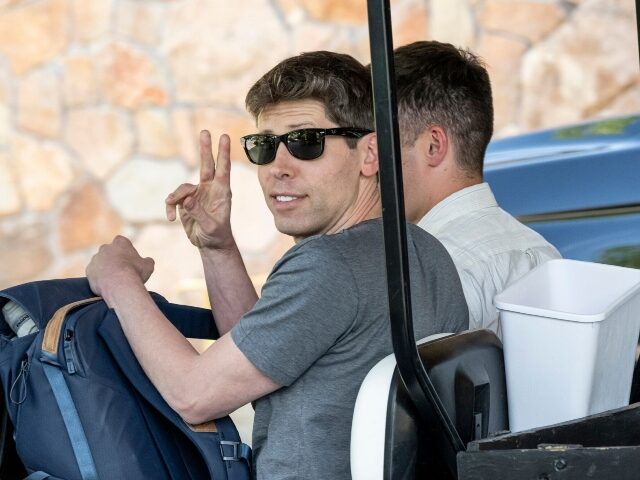AI powerhouse OpenAI, the developer of ChatGPT is contemplating significant changes to its corporate structure and ownership by transforming into a for-profit company while CEO Sam Altman consolidates his power as yet another high profile executive leaves the organization.
Bloomberg reports that OpenAI, the company behind the popular ChatGPT chatbot, is reportedly in discussions to transform into a for-profit entity and grant its CEO, Sam Altman, a seven percent equity stake. This potential shift marks a substantial departure from the company’s nonprofit origins and would represent the first time Altman has been offered ownership in the AI startup he leads. OpenAI’s status as a non-profit organization has led to controversy including a lawsuit filed by Elon Musk who claimed Altman had betrayed the organization’s non-profit roots.
Sources familiar with the matter indicate that OpenAI is considering becoming a public benefit corporation, a model that supposedly balances profit-making with societal benefits. This transition, still under deliberation without a fixed timeline, could significantly alter the company’s operational framework and financial structure.
In response to these reports, an OpenAI spokesperson emphasized the company’s continued commitment to its foundational mission, stating, “The nonprofit is core to our mission and will continue to exist.” This statement suggests that even as the company explores new organizational models, it intends to maintain elements of its original nonprofit ethos.
The news of potential restructuring comes amid a series of high-profile departures from OpenAI’s leadership team. Most recently, Mira Murati, a key figure in the development of OpenAI’s groundbreaking products, announced her decision to leave the company. Murati, who briefly served as interim CEO during Altman’s temporary ouster in 2023, has been instrumental in the creation and launch of several of OpenAI’s flagship offerings, including ChatGPT, DALL-E, and the company’s advanced voice mode technology.
In a statement posted on social media, Murati expressed her desire to “create the time and space to do my own exploration.” Altman responded with public praise for Murati’s contributions, highlighting the significant impact she has had on OpenAI’s mission and team.
These developments follow a tumultuous period for OpenAI, which saw Altman fired and then quickly rehired in late 2023, triggering a wave of executive departures. The exodus includes Ilya Sutskever, the company’s chief scientist, Greg Brockman, who announced a leave of absence, and researcher John Schulman, who left for competitor Anthropic.
Despite these challenges, OpenAI continues to attract significant investor interest. Reports indicate that the company is currently seeking to raise $6.5 billion at a valuation of $150 billion, potentially cementing its position as one of the world’s most valuable startups.
The consideration of equity for Altman represents a notable shift in his stance. Previously, Altman had emphasized the company’s nonprofit mission and his personal financial sufficiency as reasons for not taking an ownership stake. However, he has occasionally expressed a desire for equity to quell persistent questions about his lack of ownership in the company he leads.
OpenAI’s journey from a nonprofit research organization to its current status as an AI industry leader has been marked by strategic decisions aimed at funding the substantial costs associated with AI model development. The creation of a for-profit subsidiary in 2019 enabled the company to secure billions in investment, notably from Microsoft Corporation.
Read more at Bloomberg here.
Lucas Nolan is a reporter for Breitbart News covering issues of free speech and online censorship.

COMMENTS
Please let us know if you're having issues with commenting.